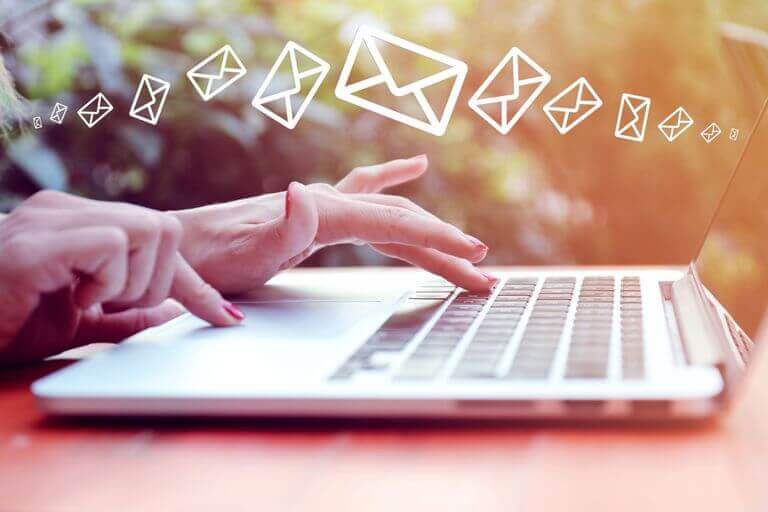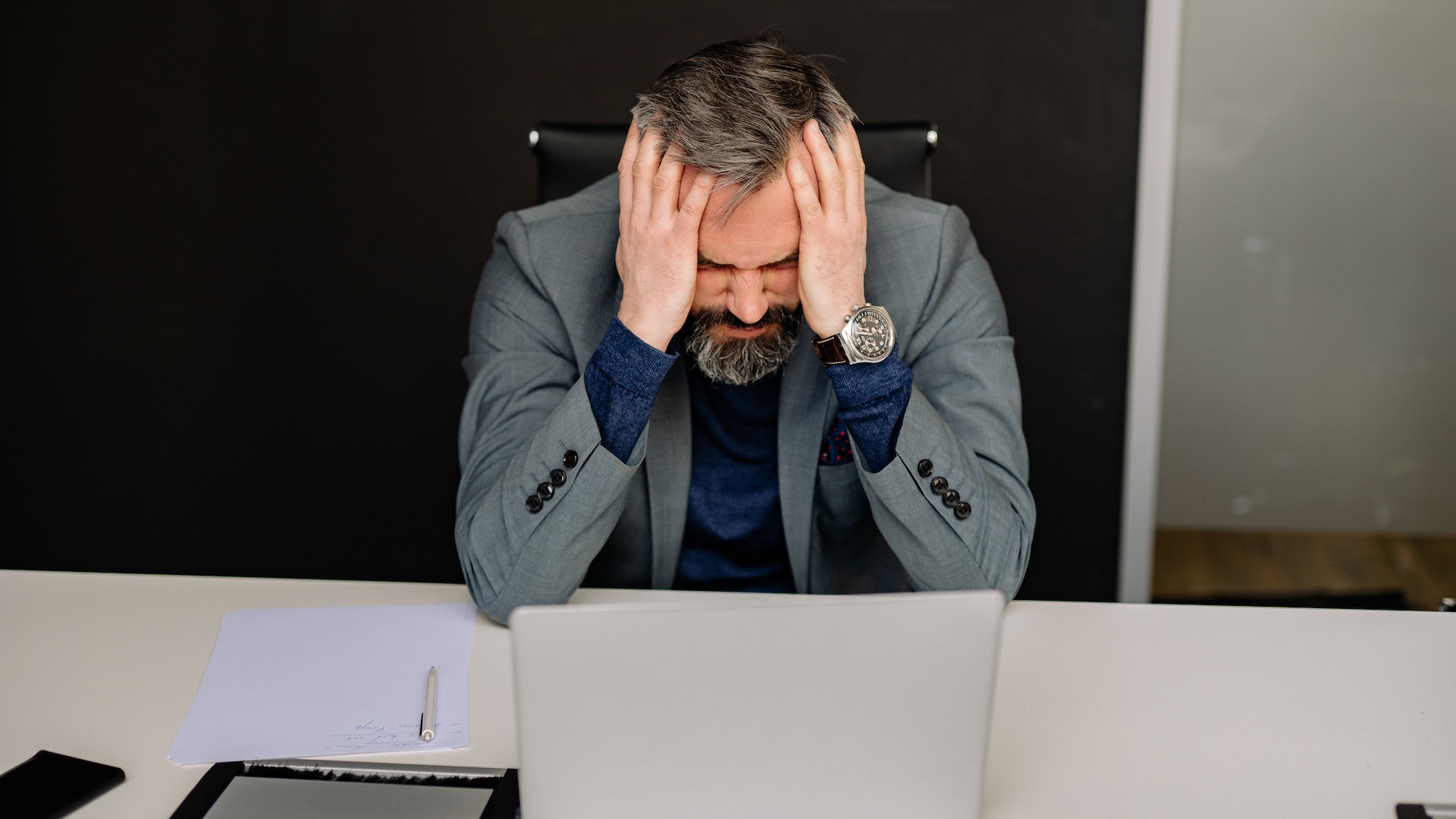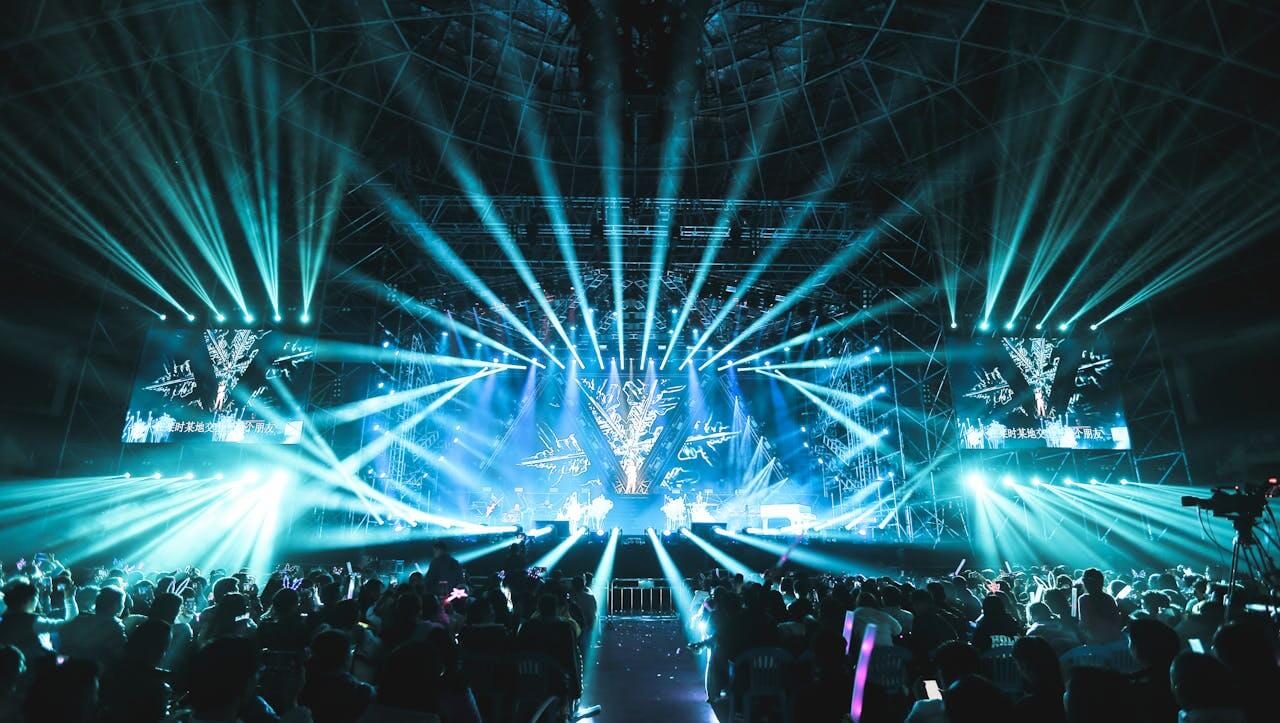
Previously, we shared tips for building your hotel email marketing program and explained what email deliverability is.
NB: This is an article from Travel Media Group
In this post, we’ll tell you everything you need to include in the actual design of your email.
Organize Your Message
A typical hotel email newsletter may contain upcoming events, property updates, blog posts, and special offers. Consider which item is the most important for your readers to see or what you want them to click on the most. Generally, the most-clicked on links will be “above the fold.” That means that they’ll be visible on the screen before scrolling. Remember that when it comes to reading email on a mobile device, you have even less space to catch their eye.
For each item you’re covering in the email, give enough of a teaser to help readers want to click through to read more – not just a headline but also not a novel. Ideally, each noteable section would contain an image, some text, and a call to action (CTA) like “click here to read more;” “claim your offer;” or “book now.”
Remember the importance of catering your message to your lists. Don’t bombard guests who just checked out with messages to stay again, or you’ll risk losing them. Do keep engaged readers in the loop with updates about your hotel.
Optimize with Images
When beginning to build emails, start to keep an eye on the marketing communications you receive. One thing they probably all have in common? Impactful images. Whether it’s a banner at the top of your email with a photo of your hotel or a large attention-getting graphic, most emails you receive are probably very image-heavy.
The reason? Pictures work. According to Vero, marketing email campaigns with images get a 42% higher clickthrough rate than those that don’t. But for non-marketers, graphic design is a daunting task. Luckily, there are plenty of tools that can help.
Most email programs with drag-and-drop editors will have attractive templates you can edit with your own photos without needing to know a lot about design. For even more customization, try a free graphic creator like Canva to make your emails really stand out.
Keep these rules in mind when adding images to emails:
- Clarity: Download images at dimensions least the size of the email; for most, this means downloading images that are 600-900 px wide. This will ensure that the images and any words you add to them will be clear.
- Speed: Follow the guidelines above and don’t embed images larger than 2 times the email width. This will result in slower loading times and people may click away rather than wait.
- Text: All email programs should have the ability to add alternative text, or “alt text” descriptions to images. This allows people with screen readers and those who only accept text emails to know what is in the image.
Scheduling & Sending
With the messages and text set, you’re ready to move onto sending your email! Before the next step, remember our tips from previous blogs:
- Choose the correct lists for your email
- Write a catchy but non-spammy subject line
- Set up your footer & unsubscribe links
Now, for the final big question: when do you send? If you Google The best time to send an email, you’ll a plethora of answers that, at the end of the day, don’t really help you. Because it doesn’t matter when all of a certain email provider found that random people were most likely to read an email. What matters is when your lists are most likely to read them.
So the best course of action is simply to send. Test sending on Tuesday mornings and Thursday afternoons and Saturday nights. Try Friday at 4:30 when people are bored of being at work and thinking about getting away. Test out different times of day and different days of the week, then look through the analytics. Find out if there are certain days or times that seem to work better, then keep testing around that information. By paying attention, you’ll only make your next email better.




